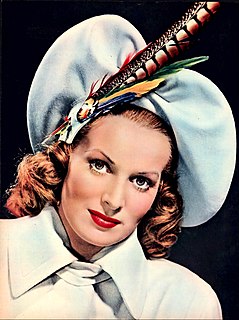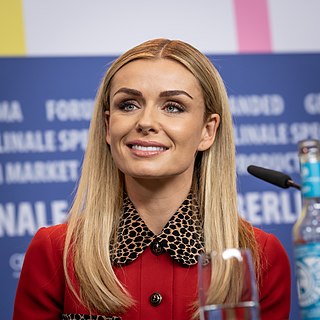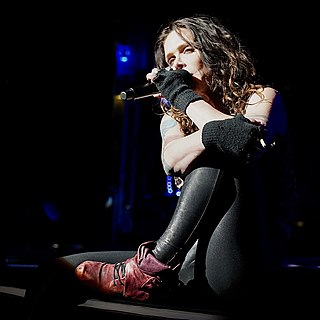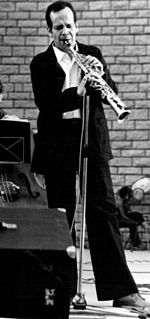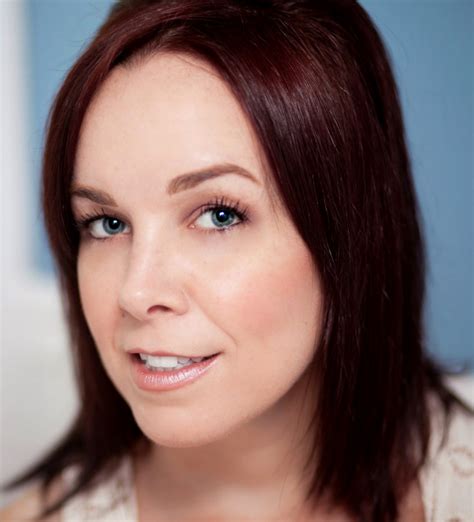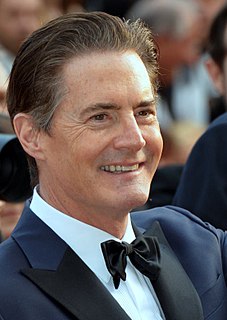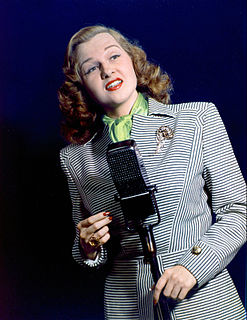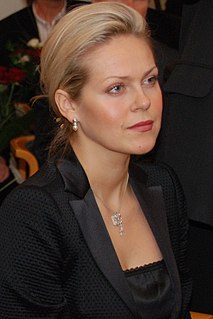A Quote by Maureen O'Hara
Related Quotes
Opera was an enormous part of my childhood. My parents were both opera buffs, and they met in the box seat of an opera performance. And I also was a boy soprano, so before puberty hit, I was onstage playing a wide variety of orphans and urchins in all sorts of operas, and the sheer melodrama of their stories was just always appealing to me.
There's a kind of a line between music and math, so I guess I got the music gene, thank goodness. But my mother wasn't too thrilled. She wanted me to go to university and get a degree or do something, and my father, he liked opera so he wasn't too thrilled either, because he wanted me to be an opera singer and I didn't have - as he said, I don't really have the strength to do that.
I've always loved opera; it never occurred to me that I would write a proper libretto. One of my closest friends is a composer, Paul Moravec, and a few years ago, Paul and I were at lunch, and I said to him, "you really have to write an opera." So, he says very casually to me, "I'll do it if you write the libretto." Well, little did I know that the within a couple of years we would end up getting a commission from the Santa Fe Opera to write an opera together, "The Letter," which turned out to be the most successful commissioned opera in the history of the Santa Fe Opera.
